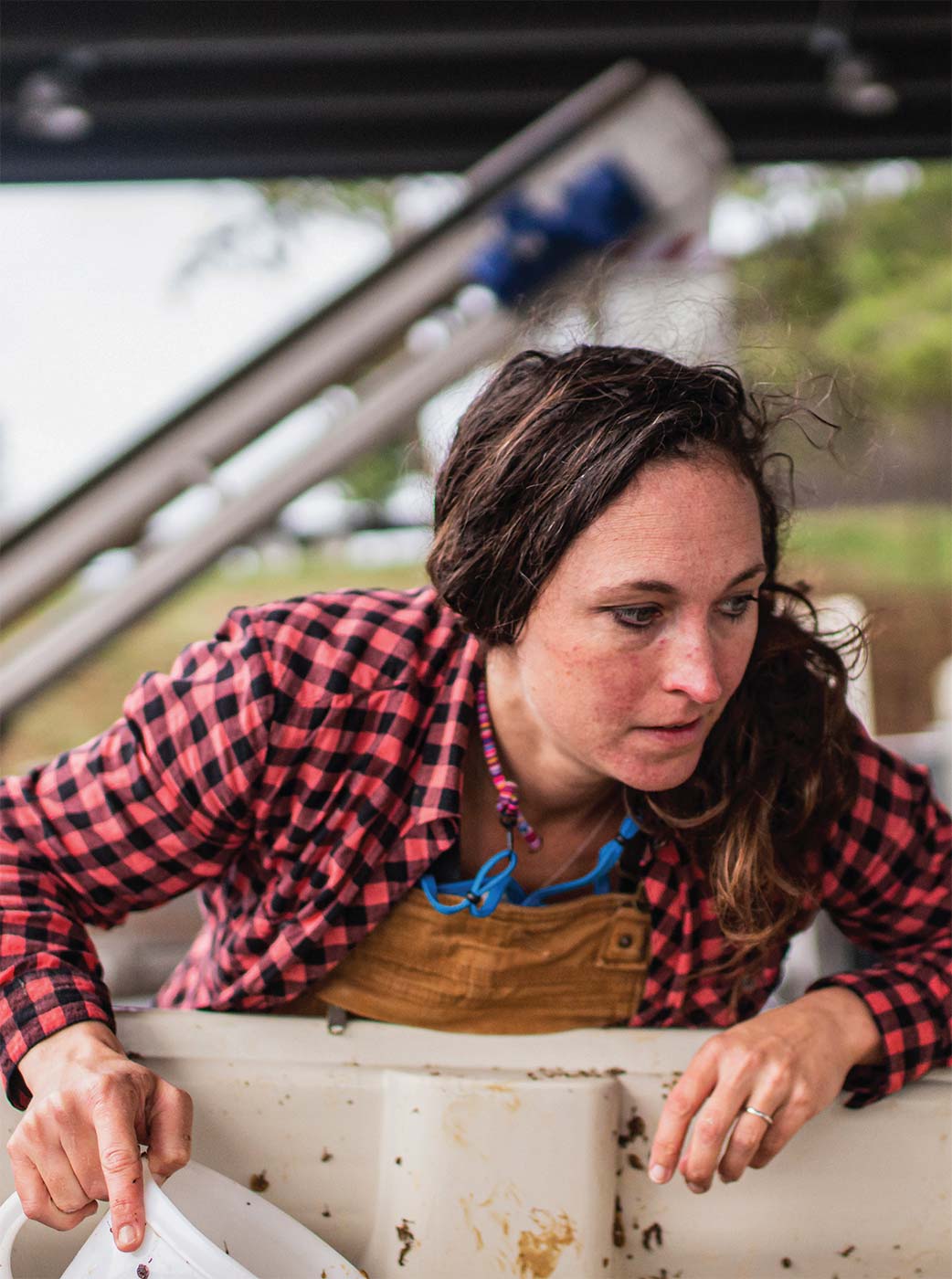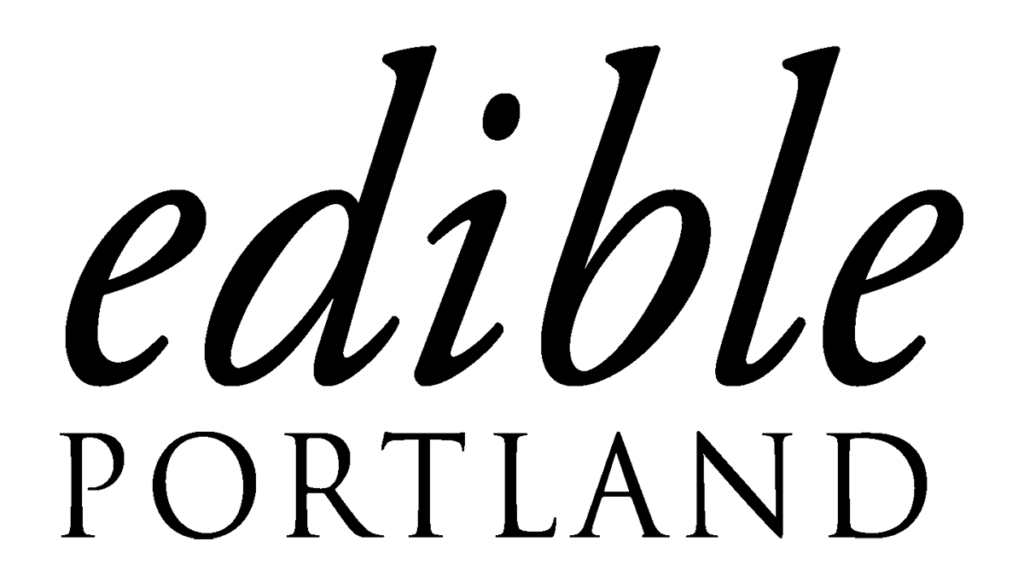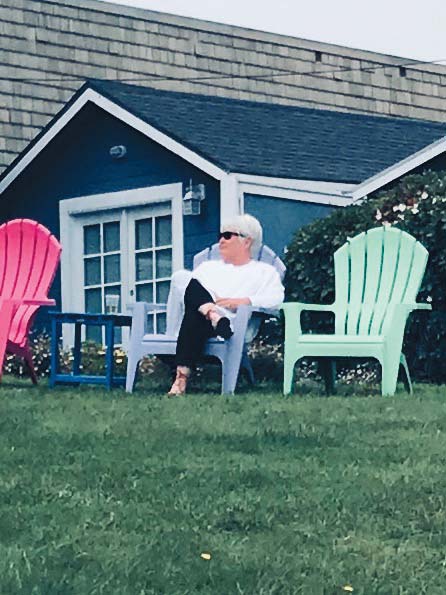
I initially planned this collection of articles on our featured winemakers in September of 2023. By mid-January, I complete the quartet by having a delightful Zoom conversation with Meredith Bell. Meredith is a serious and talented winemaker and a thoroughly delightful conversationalist. I ask her how she started in the wine world. “While attending high school in the Willamette Valley, I was particularly attracted to and had an affinity for chemistry,” she says. “I followed that interest upon graduation by enrolling at UCLA. While I was there, most of my classmates were excited about using their studies to become future doctors and clinicians. However, the world of medicine held no attraction for me.” Upon graduation, she joined the Peace Corps. Soon, Meredith found herself living far away on the African coast in Mauritania as a health education volunteer. Meredith continues, “Mauritania is an Islamic Republic and, therefore, a legally dry country. We are not discussing the climate or terrain here but dry, as in no alcohol. As time went on, more and more, I began to miss a good glass of wine.” Through time, that missing became stronger and stronger, so much so that she realized that what she wanted to do with her chemistry degree was to become a winemaker. Since she had more than a passing interest in getting to the heart of winemaking, she returned home. She enrolled in UC Davis’ Viticulture and Enology program in their College of Agricultural and Environmental Sciences. After graduation, she returned to the Willamette Valley, which was gaining a reputation in the international winemaking world. “Part of my attraction to wine was that it could bring me back home. As a teenager, I couldn’t wait to get out of Oregon, and after 10 years away, I couldn’t wait to return. Wine is a celebration of place, and I had a deeper appreciation and love of this place after spending time outside of it.”
She checked out the local industry, taking positions in wineries to gain experience and credibility. She was very fortunate to have and continues to have the full support of her mom, who cared for her child. At the same time, Meredith slept in a small trailer behind the winery. This arrangement provided much-needed sleep since she could not work 16 hours a day and travel back to Portland only to do it again the next day.
She favors vineyards that are distinct and unique. Her big break came when she was given the chance to farm a lovely part of the Willamette Valley, Leland Vineyard, in Oregon City, which she started farming alongside Bruce Weber, a long-time family friend of her aunt and uncle who originally planted the site. “How lucky can a person be to desire a winemaking career and then be handed a vineyard?” She farms own-rooted vines of Pinot Noir and Sauvignon. Farming this vineyard as she does shows a deep commitment to the land. “Though challenging, I continue to love the farming part of the life of a winemaker. I believe the grower and the vintner should be the same person.” Meredith prizes her Pinot Noir and Sauvignon Blanc vines, producing fine grapes yearly. In the beginning, she only produced bottles in exclusive representations of each varietal. However, after some time, she began experimenting with combining the two varietals under the label Rose Swirl. “The formula varies from vintage to vintage, continually evolving, with great taste every year.”
In time, she partnered with Lük Wylde, a natural wine enthusiast. They immediately decided to be a Chardonnay-only house and began scouting vineyards that would meet their requirements. Both wanted unique vineyards. Among the early vineyards was Celilo Vineyards. Celilo Vineyards was planted on Underwood Mountain in 1972; most vines are 40 years old. The deep-rooted vines bring a mineral characteristic to Celilo’s wines along with higher acidity. The vineyard is considered sub-alpine at an elevation of 800 to 1,100 feet, sitting on a cusp of wetter maritime weather to the west and the desert to the east. Annual rainfall of 50 inches percolates into the vineyard’s grainy “buckshot” sized volcanic loam. Soils from the extinct volcano cone of Underwood Mountain can be as deep as 45 feet and retain moisture well, allowing Celilo Vineyards to survive without irrigation. “ Though Celilo has never been organically farmed, we appreciated the site’s uniqueness enough to work with it for a few years. Later, we decided that we only wanted to work with organically managed vineyards, without pesticides or other heavy-handed practices, so we haven’t worked with Celilo since 2017.” Meredith and Lük also sourced from Johan Vineyard, located in Oregon’s Willamette Valley, within the Van Duzer Corridor AVA. Johan Vineyard is an 85-acre certified biodynamic estate winery. They believe in the sense of place, the essence of their farm, which is best expressed through a deep commitment to biodynamic farming practices, native yeast fermentation and minimal intervention in the cellar. In addition, the site maintains over 30 acres as a biodiversity preserve, which includes virgin oak savannah and biologically active riparian zones. Meredith remarks, ” They plant 15, maybe more, varieties of grapes. Johan is the only site that Statera has worked with since our inception that we still work with. Statera and EST were founded in 2014, and Lares was founded a few years later.”
An excellent example of Meredith’s hands-off philosophy can be seen in what she did in the infamous 2020 vintage, the year of smoke. “While others were experimenting with how to get the soot and smoke smell and taste out of their wines using additives, I chose differently. I returned to my cellar for the 2019 wines and used healthy lees from the 2019 wines to “lees wash” the smoky wines. In doing so, she created a product in which she took pride. She stayed true to her values in winemaking by not trying to find a chemical cure and producing a great wine. Speaking of vintages, I ask her if she had a favorite vintage, she thinks brie y and replies, “2018 because that was the year my first child was born.” She laughs and says that it might be just sentimental, but she remembers enjoying all aspects of the cycle that year, and of course, the wines were delightful.
When asked about future goals, she says, “I love where I am and my opportunities. I want to continue emphasizing farming practices. And I would like to use the label to help other people. “I haven’t it figured out yet, but industry health and fair wages must become the norm. Stewardship of the land is vital. I am personally invested in the future of sustainable farming.”

